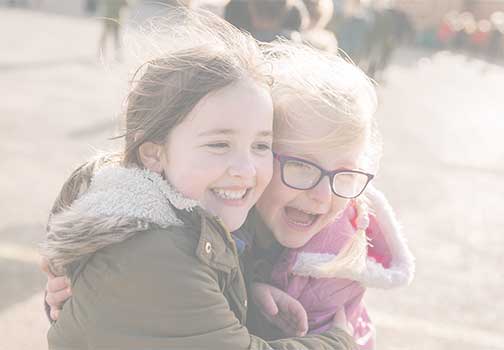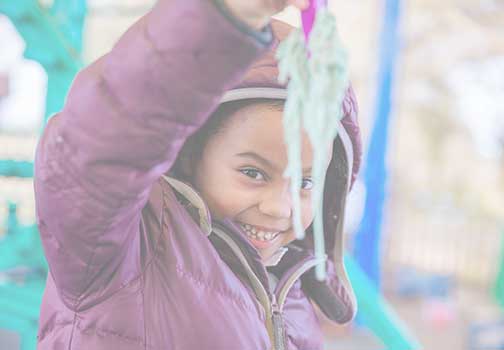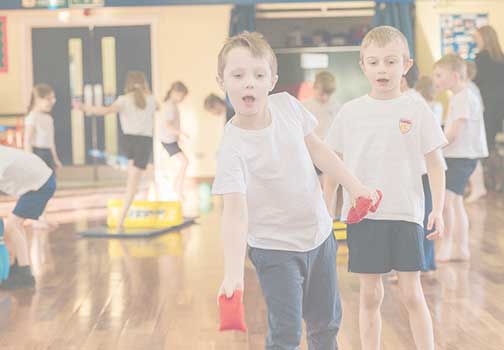Reception
Welcome to Reception Class!

Dear EYFS parents and carers,
Welcome to Capel! We are so excited that you have decided, alongside your child, to join our Capel family! Please find below some information about your child’s learning and experiences in school over the coming year and also some additional key information that you may wish to know. Should you have any queries then our door is always open so please feel free to pay us a visit, or contact us via Tapestry or using Dojo!
Intent
Our main intent for your child’s learning whilst with us in Reception is:
- To understand and follow children’s interests and provide opportunities throughout our EYFS curriculum to support learning, consolidate and deepen knowledge and ensure children meet their next steps.
- To work in partnership with parents and carers to encourage independent, happy learners who thrive in school and reach their full potential from their various starting points.
- To create an indoor and outdoor environment which supports learning.
- To understand that children do their best when all their physical and emotional needs are being met. We embrace the individual and all staff understand that each child is different, and their learning requirements and styles are unique too. By providing a high level of wellbeing this in turn leads to high levels of child development and the ability to create and think critically.
- To prepare children to reach the Early Learning Goals at the end of the Foundation Stage and ensure children make good progress from their starting points by using the characteristics of effective learning.
- To provide our children with knowledge, skills and experiences in a hands on, holistic way so that all learning is embedded in a meaningful way.
Implementation
At Capel Primary School we follow the Early Years Foundation Stage framework. This is made up of four overriding principles which our early years education is based upon:
- Unique child – that every child is unique and is constantly learning and that every child can be resilient, capable, self-assured and confident
- Positive relationships – that children learn to be strong and independent through positive relationships
- Enabling environments – that children learn and develop well in enabling environments in which their experiences respond to individual needs and there is a strong partnership between all parties
- Learning and development – that children develop and learn in different ways, including children with special educational needs and disabilities
The curriculum provides a play-based and experiential learning environment combined with focused teaching and basic skills to ensure children make rapid progress before moving into year 1. The children are provided with many opportunities accessible in our indoor and outdoor provision. They engage in planned, focused activities as well as self-initiated and free flow activities. The learning experiences within our setting are linked to the seven areas of learning and development within the EYFS. These areas are split into three prime areas and four specific areas. The three prime areas are those which the children should develop first and are considered most essential for healthy development and future learning. These include:
- Personal, social and emotional development
- Communication and language
- Physical development
As the children grow and make progress in the prime areas these will help them to develop skills also in the four specific areas:
- Literacy
- Mathematics
- Understanding of the world
- Expressive arts and design
Children benefit from meaningful learning across the curriculum and EYFS staff plan resourcefully for opportunities for communication, sustained thinking and physical challenge, taking into account and focusing on the three ‘Characteristics of effective learning’:
- Playing and exploring
- Active learning
- Creating and thinking critically
We have a ‘project’ focus for each seasonal term which follows the school plan of:
Autumn term – Discover
Spring term – Explore
Summer term – Create
A lot of our learning focuses around the experiences we have and the stories that we read. New vocabulary and concepts through reading will excite and engage all learners which includes staff modelling standard English and asking high quality questions.
Impact
The experiences of the challenges and specific learning opportunities that the children undertake will be revisited and demonstrated through being deeply engaged in play. Our children will grow to be confident, competent lifelong learners and good citizens. We embrace our school motto: ‘learn today for tomorrow #happylearners’.
Effective communication and collaboration ensure that children leave our EYFS setting with a solid foundation of learning on which to build upon. We use learning journals and Tapestry to share our learning journeys and evidence the children’s successes throughout the year.
As a team, as part of the wider school team, and with other settings we carry out regular moderation sessions and also ensure that staff attend external meetings and training to ensure that we feel confident with our judgements and that our judgements are consistent with other settings. Assessment starts with careful observations which are then used to inform planning.
By monitoring assessment processes regularly we can effectively demonstrate the learning that is taking place and how each child is progressing in all areas of the EYFS curriculum. Progress towards the ELGs will ensure a positive disposition to learn.
For further information about our intent, implementation and impact please view our statement document below.
Autumn term newsletter
EYFS Progression of Skills Map
What to expect in the EYFS
Phonics
Phonics is recommended as the first strategy that children should be taught in helping them to learn to read. It runs alongside other teaching methods such as guided reading to help children develop all the other vital reading skills and hopefully give them a real love of reading. At Capel we use a programme called 'Little Wandle Letters and Sounds.’
To find more parent information on this programme for parents please visit: https://www.littlewandlelettersandsounds.org.uk/resources/for-parents/
Words are made up from small units of sound called phonemes. Phonics teaches children to be able to listen carefully and identify the phonemes that make up each word. This helps children to learn to read words and to spell words. Some of the jargon explained:



Support with wordless books
Our EYFS Policy
Capel's EYFS intent, implementation and impact statement
Well being support in the EYFS

Anxiety tools for parents
| Name | |
|---|---|
| rebuild-and-recover-anxiety-tools-for-parents.pdf | Download |
Our News
Class R have been joining in with the celebrations for anti-bullying week with a focus on the story of Elmer the elephant. We started the week by thinking about what a good friend needs to be and then talked about people that were good friends to us. We thought about how we are all different but all equal and talked about what made us special. We then created a friendship card to someone we thought of as a good friend, craftily designed our own Elmer the elephant and created a pair of odd socks!

.This week we have been exploring all things pumpkin! We started the week by sharing the stories 'Pumpkin Soup' and 'We're going on a pumpkin hunt', picking out key parts of the stories and linking them to other books that we have read. We talked about our own pumpkin experiences and created some different pumpkin designs using a printing technique and our cutting and sticking skills. We made our own ingredients list for a delicious pumpkin soup, thinking about initial sounds on each of the ingredients that we listed. We then explored building different related CVC words using our phonics knowledge and enjoyed playing on the pumpkin patch small world farm.















